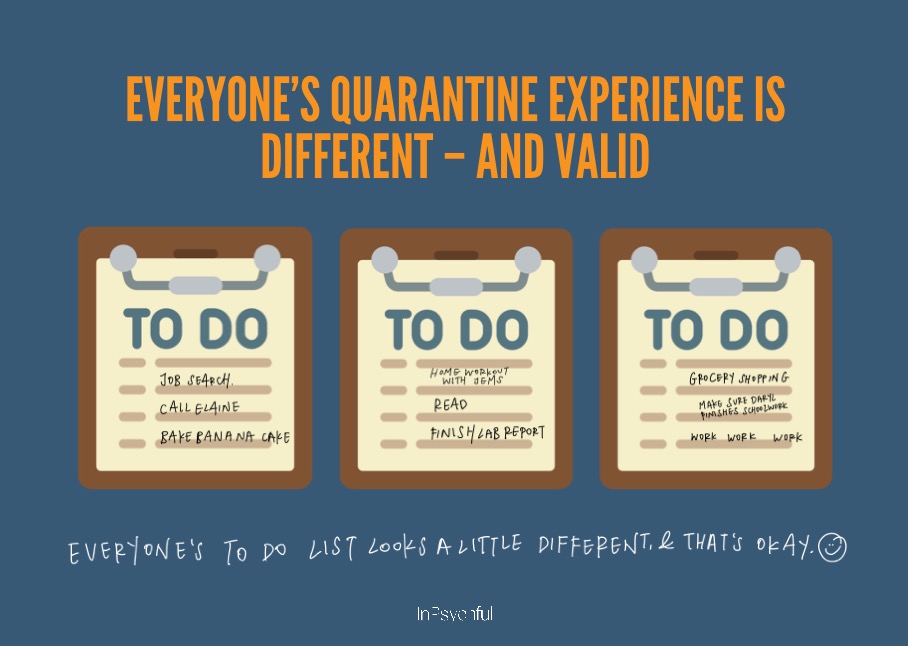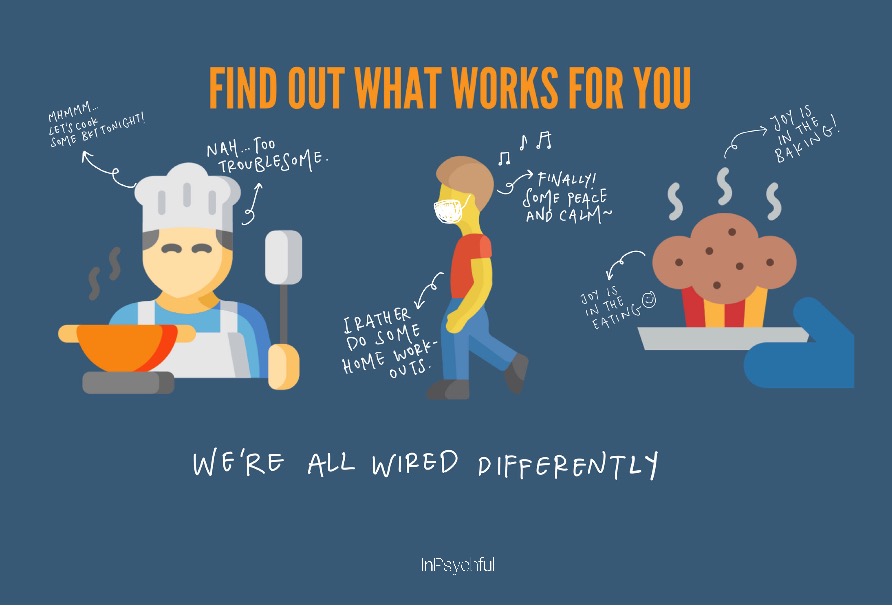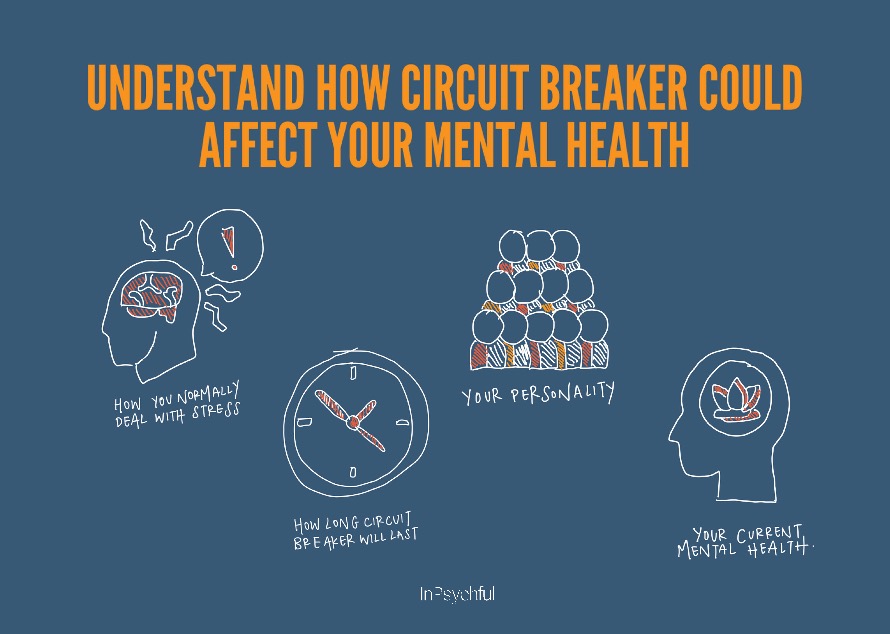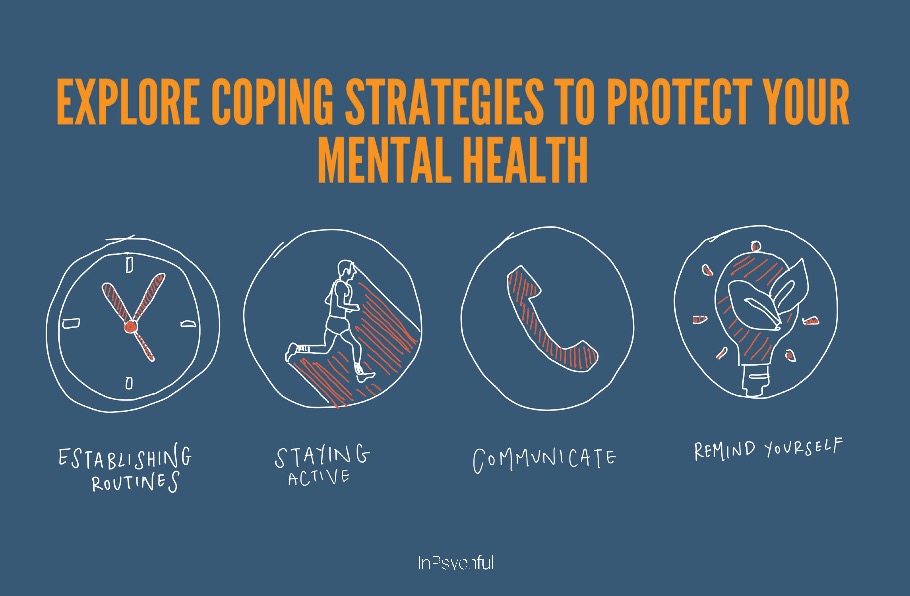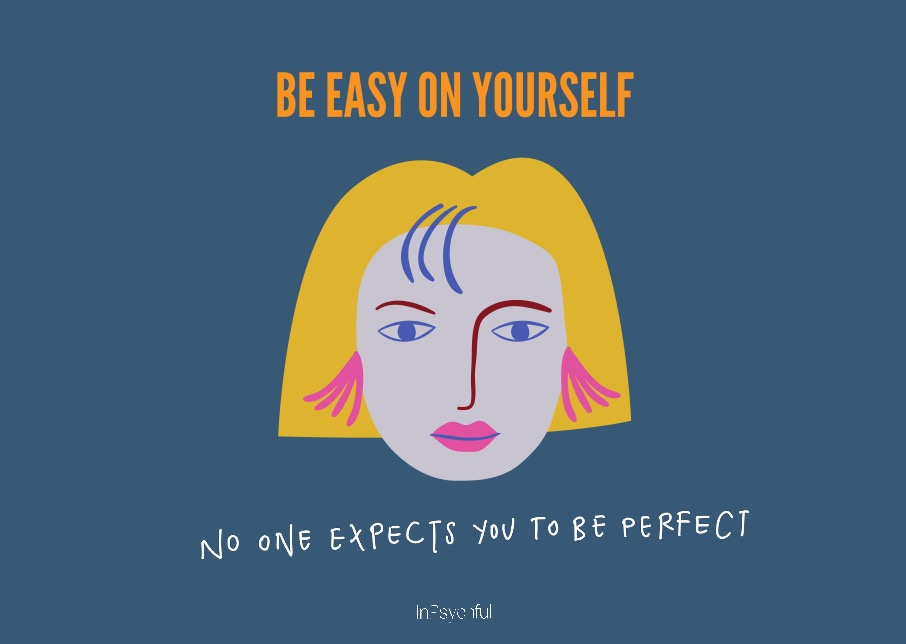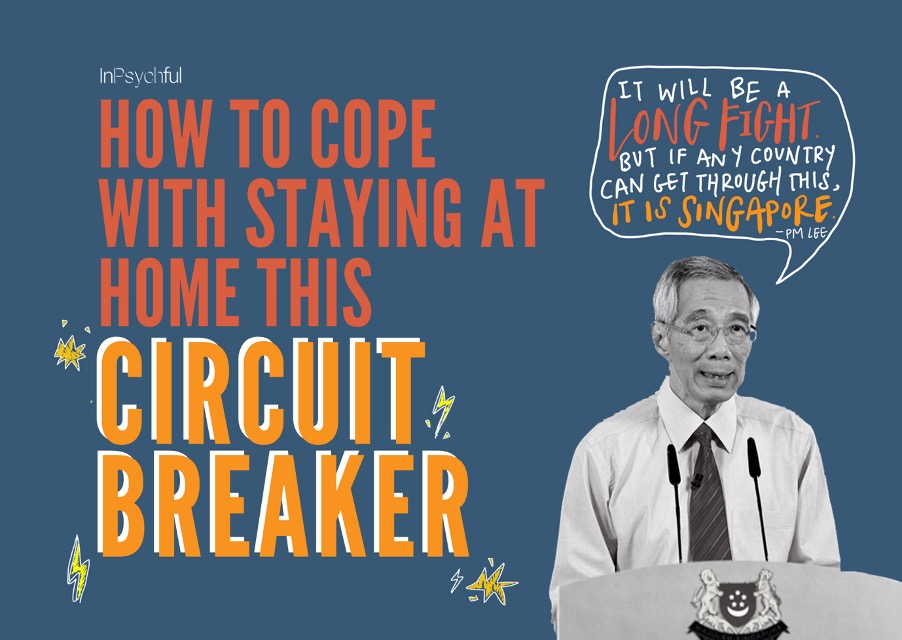 On 3rd April 2020, an announcement was made by our Prime Minister Lee Hsien Loong, who announced the commencement of COVID-19 Circuit Breaker measures that would be effective on the 7th of April. Since then, many changes have been implemented. Home-based learning (HBL) commenced for students, work from home (WFH) arrangements were made for the main bulk of working adults, and social interactions beyond households were strongly discouraged.
On 3rd April 2020, an announcement was made by our Prime Minister Lee Hsien Loong, who announced the commencement of COVID-19 Circuit Breaker measures that would be effective on the 7th of April. Since then, many changes have been implemented. Home-based learning (HBL) commenced for students, work from home (WFH) arrangements were made for the main bulk of working adults, and social interactions beyond households were strongly discouraged.
Upon hearing the news, there were many mixed emotions that surfaced on social media platforms. Some might be angry, that the end of the school year ended abruptly without closure to almost 20 years of education. Some of us were angry that we lost our jobs which we just secured and were getting the hand of. And while we can understand and support the intentions and the necessity to stay at home, we could still be mad about it.
Some of us were anxious, sparking another surge of panic-buying. Anxious because your main source of income has already been affected by previous precautionary measures. And the Circuit Breaker measures only meant greater loss in income. Some of us could be shocked, such as when University students were told to move out of their hostels just a few hours after the Prime Minister’s address.
Some of us could even feel happy, knowing that Circuit Breaker meant that maybe for once, you could be allowed to hit a pause in life. Happy that you get to spend more time with your family or start on a hobby you never had time for.
Regardless of what you feel, one of the most important things is to recognize that your feelings are valid. Perhaps you find yourself in a position of privilege – yet guilty for feeling happy in times of this pandemic. It is okay to feel sad for the people who are affected by the virus, and still be happy about your personal life. It is okay to feel anxious about how Circuit Breaker measures will affect you and your family’s financial situation and be happy that your ageing parents finally hit that pause they never had the chance to.
Indeed, the Circuit Breaker measures remind us daily that we live in unprecedented times. And while we are home till the Circuit Breaker measures are lifted, many of us wonder how we should spend our time. Tons of to-do lists have popped up all over social media, with our peers and family members having different goals and aims.
Perhaps you are might not be sure how Circuit Breaker should look like for you. Does it mean being as productive as we can, or doing what feels right? While this article seeks to reach out to all Singaporeans going through this month of Circuit Breaker, hopefully this article can also empathize with some of us who are not having the best time of our lives.
Before we dive into the article, one of the most important points in this article is to recognize that:
1. Everyone’s quarantine experience is different, but they are all valid
Since the Circuit Breaker has been implemented, there has been a surge in the use of social media. Home workouts, cooking videos and baking videos have been increasingly popular. The famous Dalgona coffee kept Singaporeans briefly occupied in the first week of Circuit Breaker.
However, while we establish that different people respond differently to the announcement of Circuit Breaker, we ought to come to terms that how we spend our time in the months of April and May will also be different. There are Singaporeans who have chosen to volunteer during this critical period as contact tracers, food deliverers for vulnerable groups in Singapore and even safe distancing ambassadors. On the other hand, there are also Singaporeans who have committed to a 30-days workout streak or have decided to pick up that half-read book that has been covered with a layer of dust. Everyone’s to-do list looks different according to the social roles one might have, and we ought to accept that it’s okay if we do things a little differently.
2. Limit your news intake
According to research, constant exposure to negative news significantly changes your mood, especially when media focuses on aspects that are central to the suffering of others, as well as on the emotional components of the story (Gregoire, 2015). While keeping updated is acceptable, excessive consumption of news can affect your mental and physical well-being. This can be seen in US, whereby more than half of Americans say that news causes them stress, and many report feeling anxiety, fatigue and sleep loss (Heidi, 2018).
Additionally, studies found that when we’re constantly surrounded with negative or dangerous information, it leads to “Mean world Syndrome”. This refers to a cognitive bias whereby people assume that the world is more dangerous than it actually it (Rogers, 2017). While it might be bearable to some to hear the number of COVID cases in Singapore, it might be overwhelming for others. Therefore, depending on how you deal with stress and bad news, it is important to know your limits and reduce your news intake instead of feeding on it excessively.
3. Find out what works for you
As mentioned above, everyone’s Circuit Breaker experience is different. The most common responses when asking people what they have been up to this Circuit Breaker were things like, taking a walk, decluttering, baking, cooking, working out, etc. We all have different hobbies and different avenues of release. However, while everyone’s Circuit Breaker experience differs, it is important for you to recognize your preferences, dislikes, healthy and unhealthy habits. Some people hate running, while some can run for days. Though there are a list of things that has been proved scientifically to increase endorphins, which bring about feelings of euphoria and general well-being (Domonell & Burn, 2016). However, it is important that there is no one size fits all since individual preferences still play a part!
4. Understand how Circuit Breaker could affect your mental health
When the Circuit Breaker measures were announced, how did you react? Everyone copes differently with stress and depending on your stress level and how you deal with it, these are some of the factors that could affect your mental health. According to Cherry (2020), there are 4 factors that could influence how well you cope during this Circuit Breaker: 1) Your current mental health, 2) how you normally deal with stress, 3) your personality and 4) how long Circuit Breaker will last for.
For example, in the context of Circuit Breaker, staying at home could pose a challenge for extroverts. Especially for Singaporeans who stay alone, isolation could result in feelings of loneliness. Introverts might have an easier time adjusting to change in this period, but might also face challenges with increased social interactions since their family members who were once often out of the house are all cozied under a roof.
5. Explore coping strategies to protect your mental health
Before we explore the different coping strategies, it is once again important to establish the point number 3 – finding out what works for you. Research has suggested several steps that could help mitigate some of the negative health effects of staying at home, but these suggestions are not meant to be a one size fits all answer for everyone.
While the tentative date of Circuit Breaker was slated to end on 4th May 2020, there is indeed uncertainty as to whether the date will remain, or that the Circuit Breaker measures will be extended. The uncertainty could be a source of frustration for many, especially those who find themselves feeling bored already. It is important to realise that boredom is able to stimulate anxiety and stress. (B, 2013). The following coping strategies are useful in protecting your mental health, but also to overcome frustration and boredom.
Establishing routines
Circuit Breaker has introduced many abrupt changes to our lives, and the disruption to our normal daily routines can be difficult for many. If you’re working from home or having classes through home-based learning, it might be helpful if you establish a daily routine to simulate a regular work or school day.
Whether you are a student, working adult or an elderly, establishing a daily routine also helps to organize your time, and helps to ensure you have a healthy work-life balance (Kurzawska, 2018). While routines are useful as a guide to establish routines, leave some room for flexibility. If something isn’t working, don’t be afraid to change it, and alter routines to keep things fresh!
Staying active
Exercising, or even just going for a stroll outside are simple ways to burn off any extra energy or restlessness you might have from being at home the whole day (Fritscher, 2020).
Communicate
In this crucial time, moral support is so important. By supporting and checking on your neighbours, friends and family, we will be able to fulfil that need for social interaction as social beings.
Reminding yourself why we are abiding to the Circuit Breaker measures
In the words of PM Lee (2020),
Please bear with the painful adjustments that we have make… Each and every one of us can, and must do our part, to keep everyone in Singapore safe from COVID-19.
At the end of the day, we are in this together. Though it might be easy to lost track of the bigger picture, by reminding ourselves the rationale behind Circuit Breaker, rational thinking allows us to make sensible and socially responsible decisions in these new and unfamiliar situations.
6. Be easy on yourself
To end this article of, here’s a reminder to every student, parent, employer or Singaporean,
No one expects you to be a perfect parent and employee right now.
(Sarkis, 2020)
At the end of the day, perhaps the most important thing is that in all that we do, we do it with joy. If we workout, we do it merrily because it brings us joy to give ourselves a push. If we want to eat, we do it merrily, and savour every dish our mother cooks for us with love. It might a difficult time, but you and your family, we will all be okay.
References
B, Z. (2013, November 20). How to Overcome Boredom. Retrieved from https://www.lifehack.org/articles/lifestyle/how-to-overcome-boredom.html
Cherry, K. (2020, March 18). How Does Quarantine Affect Your Mental Health? Retrieved from https://www.verywellmind.com/protect-your-mental-health-during-quarantine-4799766
Domonell, K., & Burn, D. (2016, January 13). Why endorphins (and exercise) make you happy. Retrieved from https://edition.cnn.com/2016/01/13/health/endorphins-exercise-cause-happiness/index.html
Fritscher, L. (2020, April 14). How to Know If You Have Cabin Fever or Fear of Isolation. Retrieved from https://www.verywellmind.com/cabin-fever-fear-of-isolation-2671734
Gregoire, C. (2015, February 19). What Constant Exposure To Negative News Is Doing To Our Mental Health. Retrieved from https://www.huffpost.com/entry/violent-media-anxiety_n_6671732
Heid, M. (2018, January 31). Is Constantly Reading the News Bad For You? Retrieved from https://time.com/5125894/is-reading-news-bad-for-you/
Kurzawska, K. (2018, November 23). Why Having a Daily Routine Is Important? Retrieved from https://www.timecamp.com/blog/2018/11/daily-routine/
PM Lee: the COVID-19 situation in Singapore (3 Apr). (2020, April 3). Retrieved from https://www.gov.sg/article/pm-lee-hsien-loong-on-the-covid-19-situation-in-singapore-3-apr
Rogers, M. (2017, February 6). Five Reasons Why Consuming News Excessively is Bad For Your Health. Retrieved from https://www.lifehack.org/532866/five-reasons-why-consuming-news-excessively-bad-for-your-health
Sarkis, S. (2020, March 27). How To Stay Sane During Quarantine. Retrieved from https://www.forbes.com/sites/stephaniesarkis/2020/03/26/how-to-stay-sane-during-quarantine/#62194f9b5efd

